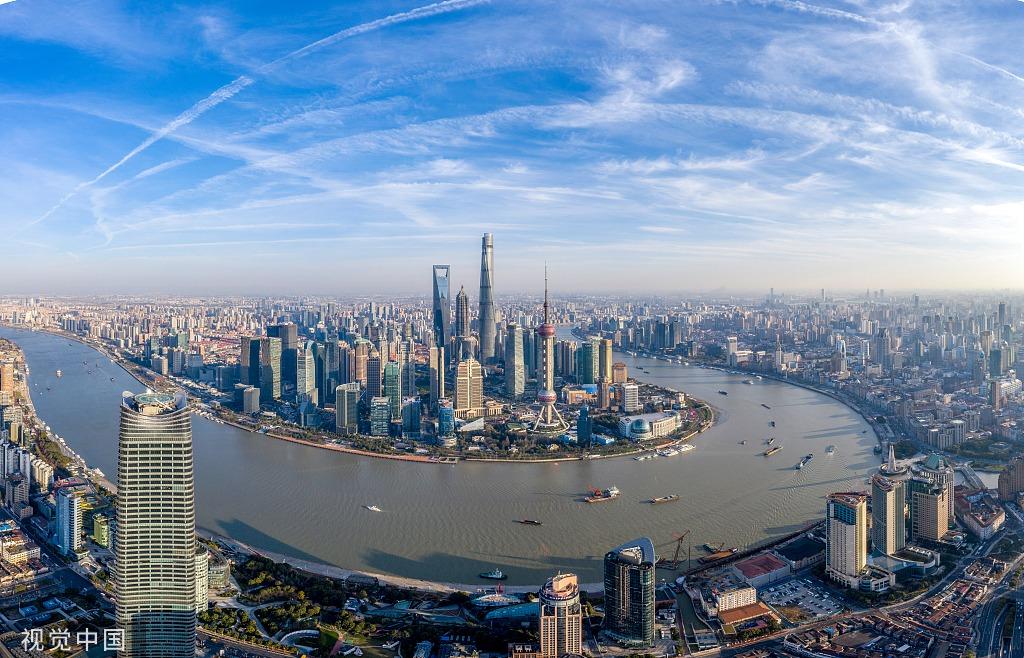 A view of the Huangpu River in Shanghai. (VCG)
A view of the Huangpu River in Shanghai. (VCG)
There have been claims in some quarters that the relationship between China and the world is changing. With signs of stress appearing in its economic and trade ties with other countries, they claim that China too is turning inward and starting to shut its door on other countries.
Such speculation has gained traction amid China's transitioning to a new development paradigm that eschews the former reliance on investment and exports to drive growth in favor of domestic consumption and innovation. Some observers have tried to present this necessary transition as a signal the country is turning its back on the world and turning inwards. Yet rather than closing its doors on the world, the country is actually opening them wider.
A closer inspection of the stress that has appeared in China's economic and trade relations with the outside world shows that the stress fracture that has appeared is primarily in China's relations with the United States, as a result of the jaundiced view of ties that prevail among policymakers in Washington. Not content with applying damaging blows to Sino-US relations, these faultfinders have been trying to chip away at China's trade and economic relations with other countries, with the aim of reshaping the global production and supply chains so they exclude China.
In an attempt to fend off any blame for their injurious actions, they allege that China being at risk of losing its dominant position in the global industry and supply chains is responsible for the damage by closing its doors to the world. China's leadership has on multiple occasions throughout the year elaborated on the need for the country to deepen reform and open up to a high standard, and the steps it has to take to turn the blueprint into reality. These include giving full play to the strengths of China's enormous domestic market, reducing the negative list for foreign investors and protecting their rights and interests in accordance with the law, among other things.
At the third Belt and Road Forum for International Cooperation in October, Beijing made its position clear that China can only do well when the world is doing well, and when China does well, the world will get even better.
Elon Musk, cofounder and CEO of Tesla, for one, has predicted that the Chinese economy will do extremely well over the next decade. He expects China will in the near future become the US electric carmaker's largest market. Showing that he is not alone in having a bullish view of the Chinese economy, in the first half of this year, around 24,000 new foreign-invested companies were established in China, marking a 35.7 percent increase year-on-year, according to the Ministry of Commerce.
In striving to accelerate the creation of the new development paradigm and advance high-quality development, the country will intensify its efforts to advance reform and explore new ground and steadfastly expand opening-up. This will continuously generate fresh dynamism and vitality for the Chinese economy and new opportunities in which the world can share. While other countries are looking inward, China continues to look outward.


